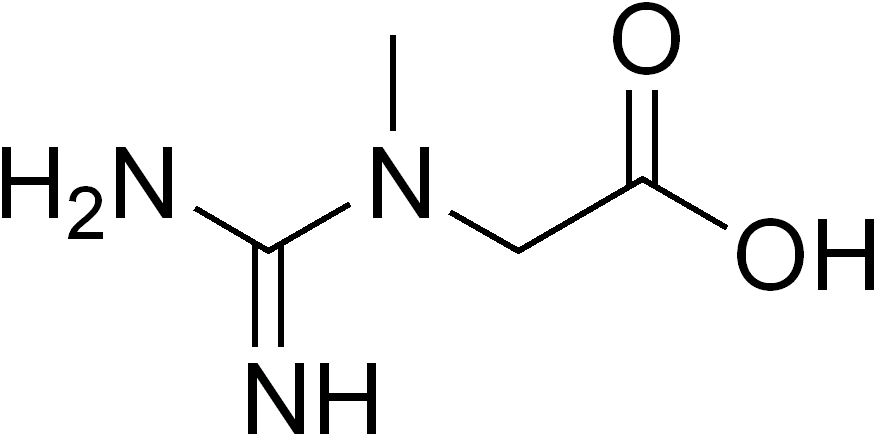Arginine:glycine Amidinotransferase Deficiency

Arginine:glycine amidinotransferase deficiency is an inherited disorder that primarily affects the brain. People with this disorder have mild to moderate intellectual disability and delayed speech development. Some affected individuals develop autistic behaviors that affect communication and social interaction. They may experience seizures, especially when they have a fever.
Children with arginine:glycine amidinotransferase deficiency may not gain weight and grow at the expected rate (failure to thrive), and have delayed development of motor skills such as sitting and walking. Affected individuals may also have weak muscle tone and tend to tire easily.
Frequency
The prevalence of arginine:glycine amidinotransferase deficiency is unknown. The disorder has been identified in only a few families.
Causes
Mutations in the GATM gene cause arginine:glycine amidinotransferase deficiency. The GATM gene provides instructions for making the enzyme arginine:glycine amidinotransferase. This enzyme participates in the two-step production (synthesis) of the compound creatine from the protein building blocks (amino acids) glycine, arginine, and methionine. Specifically, arginine:glycine amidinotransferase controls the first step of the process. In this step, a compound called guanidinoacetic acid is produced by transferring a cluster of nitrogen and hydrogen atoms called a guanidino group from arginine to glycine. Guanidinoacetic acid is converted to creatine in the second step of the process. Creatine is needed for the body to store and use energy properly.
GATM gene mutations impair the ability of the arginine:glycine amidinotransferase enzyme to participate in creatine synthesis, resulting in a shortage of creatine. The effects of arginine:glycine amidinotransferase deficiency are most severe in organs and tissues that require large amounts of energy, especially the brain.
Learn more about the gene associated with Arginine:glycine amidinotransferase deficiency
Inheritance Pattern
This condition is inherited in an autosomal recessive pattern, which means both copies of the gene in each cell have mutations. The parents of an individual with an autosomal recessive condition each carry one copy of the mutated gene, but they typically do not show signs and symptoms of the condition.